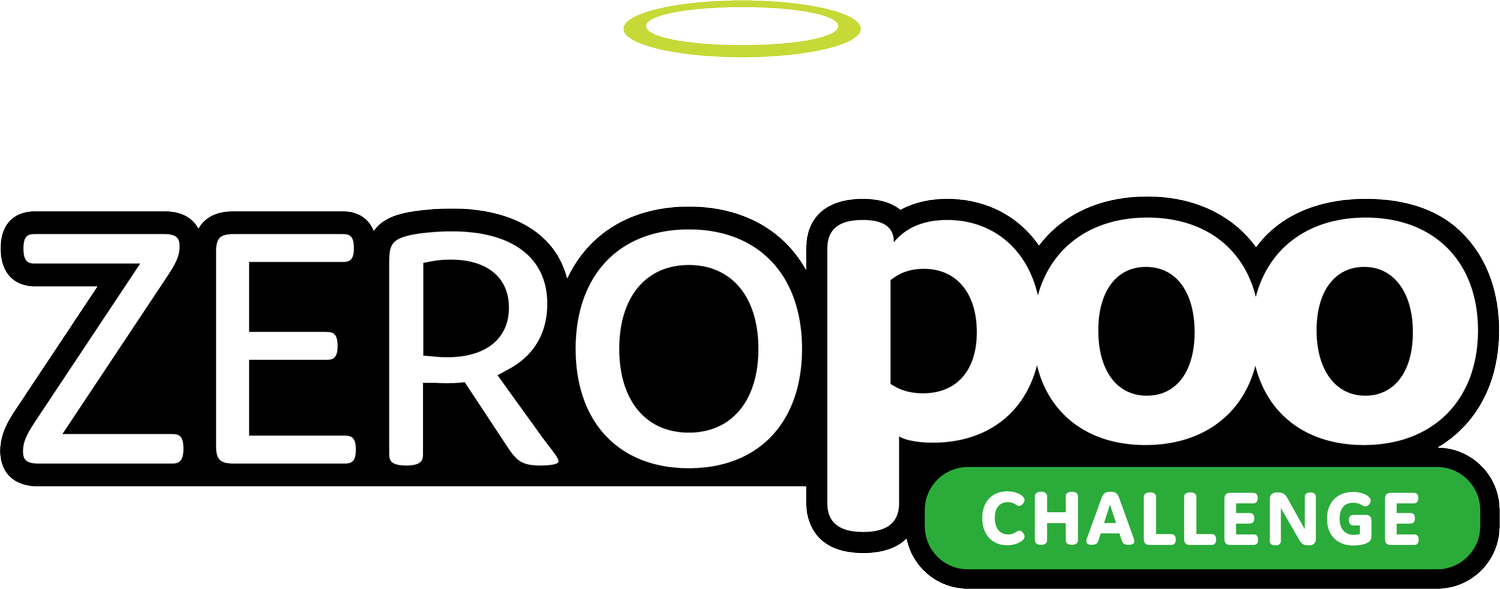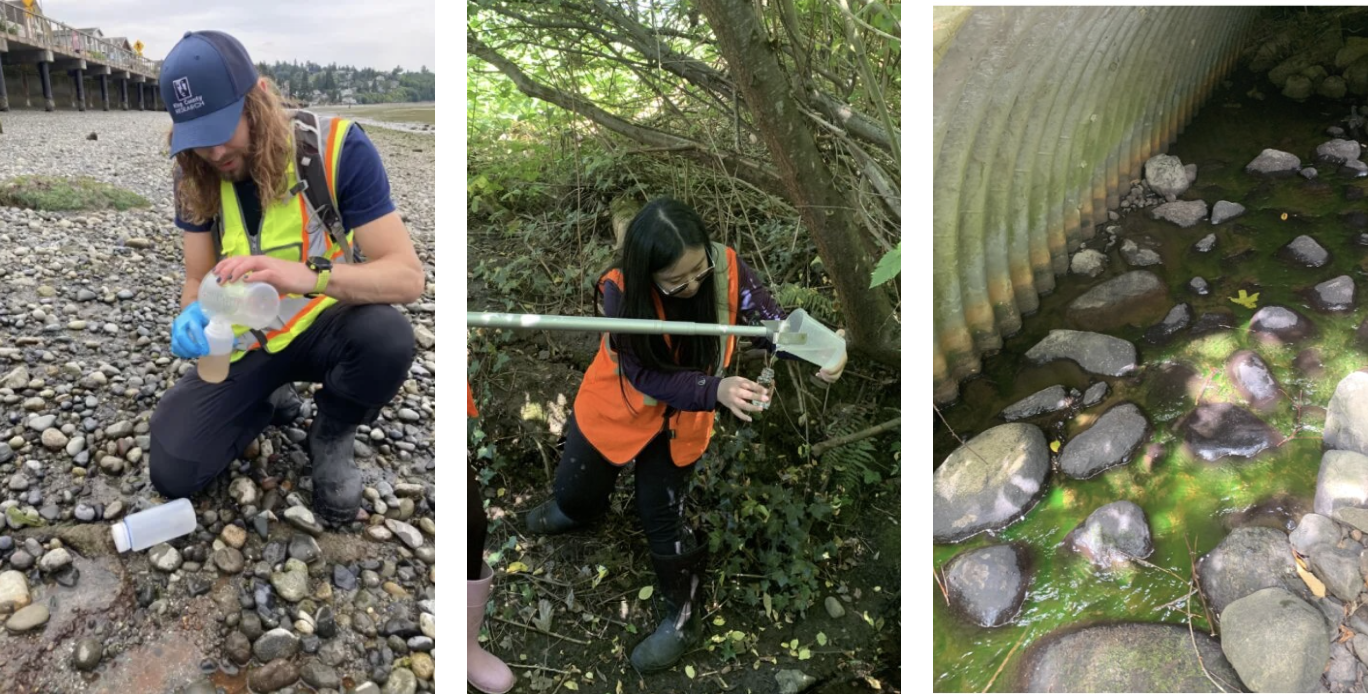Be a Poogooder Zeropoo Steward
Request a free yard sign with community dog poo bag dispenser or other materials.
Want to get involved and help reduce wayward dog poo? Join the Poogooder Zeropoo Stewards pilot program. If you live in the Poverty Bay Shellfish Protection District (see map), you can request free materials such as a Zeropoo sign with a dog poo bag dispenser to host in your yard (while supplies last) and help inform future programs.
Why do the #zeropoo?
Pollution from poop threatens human health and the environment.
Clean water is important to many people in South King County who enjoy Poverty Bay for swimming, diving, boating, beach-walking, and fishing. Water quality in Poverty Bay has worsened over time from various fecal (poop) pollution sources. If poop is in the water, germs, viruses, bacteria, and parasites are present in water, which can be threats to the health of residents, visitors, and animals in the sea.
The good news? Every small action adds up to make a big impact and a clean water future.
Collaborating for cleaner water
A PIC program empowers everyone.
The King County Pollution Identification and Correction (PIC) program uses a collaborative approach to find and fix sources of poop within designated high-risk areas. Partners in the program include experts from the Science Section, Stormwater Services, Public Health – Seattle & King County, and other King County teams. PIC members also work with local and state agencies, tribal governments, community organizations, and residents. It takes a lot of collaboration to tackle poop pollution in water!
To address fecal pollution from dog poo, Poogooder (Lori Kothe) partners with the King County Poverty Bay Pollution Identification and Correction (PIC) Program to create solutions like the Zeropoo Challenge and Waterland Woof that inspire and enable people to get involved, work together, and help reduce wayward dog poo for a happier, healthier community and planet.
The PIC program also offers resources for residents to address pollution caused by human poop from their property, such as King County Septic System Maintenance and Side Sewer Repair Rebates.
FEATURED STORY
Something in the water: How King County is finding and fixing poop pollution
By Nalia Matias-Jacinto, WLRD Communications Intern
In King County, water is the foundation of daily life, cultural traditions, and thriving ecosystems. But what happens when poop pollution contaminates our water and dangerous levels of bacteria threaten public health and culinary treasures?
Solving that problem requires more than infrastructure alone. Scientists, public health experts, and communities must work together to keep the waters and the people of King County safe and healthy— and that’s exactly what we’re doing.





